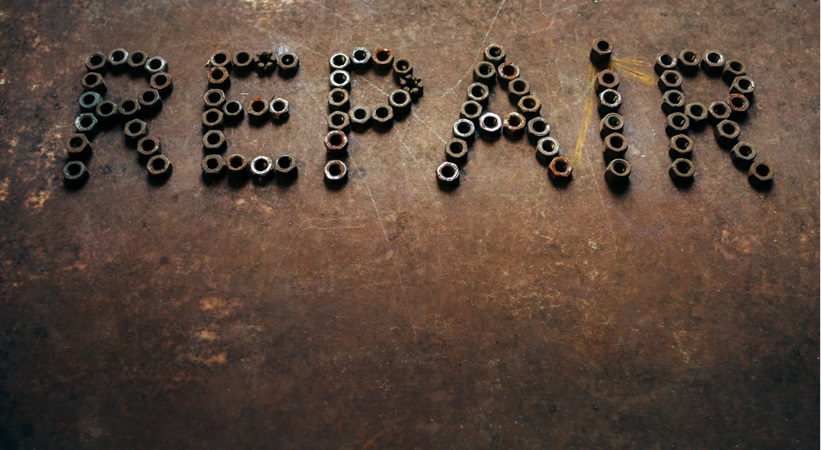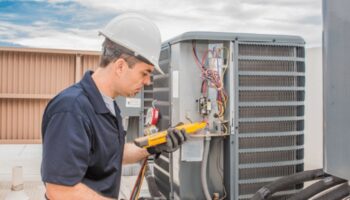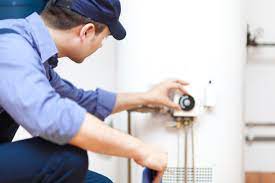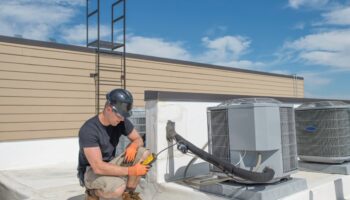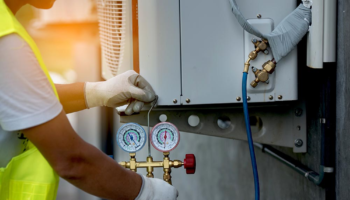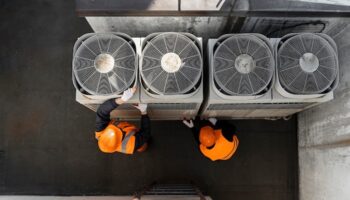Furnaces are an essential part of our homes during the winter months. They keep us warm and comfortable, especially in colder climates. However, furnace repair in Tipp City can help ensure that your furnace is functioning at its best. One crucial component of furnace maintenance is regular air filter replacement. In this article, we will discuss the role of air filters in furnace performance and repair.
What are Air Filters?
Air filters are thin layers of material designed to trap particles from the air as it flows through your furnace. They are typically made of paper, fiberglass, or cloth and come in various sizes and shapes. The primary purpose of an air filter is to protect your furnace from dust, dirt, and other debris that can clog its internal components. However, air filters also play a vital role in maintaining the indoor air quality of your home.
Importance of Air Filters in Furnace Performance
The most crucial function of an air filter is to prevent harmful particles and contaminants from entering your furnace’s system. Without an air filter, these particles can build up inside your furnace, leading to clogged and dirty air ducts. This buildup can reduce the efficiency of your furnace and cause it to work harder, resulting in higher energy bills.
Moreover, a dirty air filter can also restrict airflow, causing your furnace to overheat and potentially trigger a safety switch that shuts off the system. If this happens frequently, it can put unnecessary strain on your furnace and lead to costly repairs or even premature replacement.
How Often Should You Change Your Air Filter?
The frequency of air filter replacement depends on various factors, such as the type of filter, the number of occupants in your home, and the quality of indoor air. Experts recommend changing your air filter every 1-3 months for optimal furnace performance. However, if you have pets or allergies, it is best to change your filter more frequently.
Signs of a Dirty Air Filter
There are several warning signs that indicate a dirty air filter, including:
- Increased energy bills
- Poor indoor air quality (dust and allergens)
- Uneven heating in different rooms
- Frequent cycling on and off your furnace
If you notice any of these signs, it is essential to check and replace your air filter if necessary.
Choosing the Right Air Filter for Your Furnace
When selecting an air filter for your furnace, consider the MERV (minimum efficiency reporting value) rating. This number ranges from 1-16 and indicates the filter’s ability to trap particles. The higher the MERV rating, the better the filter’s performance. However, it is crucial to note that a higher MERV rating also means a thicker filter, which can restrict airflow if not compatible with your furnace.
Conclusion
Air filters play a vital role in ensuring optimal furnace performance and indoor air quality. Regular replacement of air filters is necessary for both your furnace’s health and your family’s well-being. If you are unsure about the type of air filter or the frequency of replacement for your furnace, consult with a professional HVAC technician who can provide expert advice and services to keep your furnace running efficiently.
